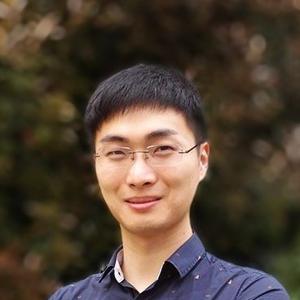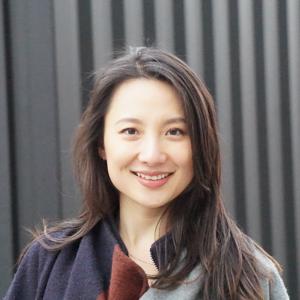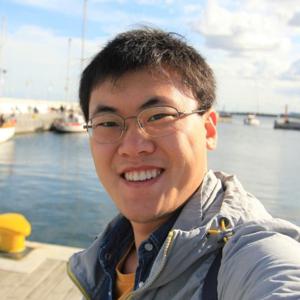CAO, Miao
Post-doc, School of Physics, Peking University
CHEN, Ji
Assistant Professor, Department of Psychology and Behavioral Sciences, Zhejiang University
CHEN, Yanxiu (Sharon)
Post-doc, Institute of Psychology, Chinese Academy of Sciences, China
CHEN, Zhiyi
Professor, Third Military Medical University of PLA, China
GAO, Mengyu (Miranda)
Assistant professor, Beijing Normal University, China
GE, Jianqiao
Lecturer, Peking University, China
GENG, Haiyang
Post-doc, The University of Hong Kong, China
HU, Chuan-Peng
Professor, Nanjing Normal University, China
JIN, Haiyang
Post-doc, New York University Abu Dhabi, United Arab Emirates
JIN, Shuxian
Post-doc / PhD candicate, University of Sussex, UK / Vrije Universiteit Amsterdam, Netherlands
LIU, Quanying
Assistant professor, Southern University of Science and Technology
LU, Bin
Post-doc, Institute of Psychology, Chinese Academy of Sciences, China
WANG, Qing (Vincent)
Post-doc, Montreal Neurological Institute, McGill University, Canada
WANG, Xindi
, Beijing Intelligent Brain Cloud, Inc., Beijing, China
XIAO, Qinyu
PhD student, University of Vienna, Austria
XU, Ting
Research scientist, Child Mind Institute
YANG, Jinbiao
Post-doc, Max Planck Institute for Psycholinguistics, the Netherlands
YANG, Yufang
Post-doc, Freie universität Berlin, Germany
ZHANG, Han
Scientist, A*STAR, Singapore
ZHANG, Lei
Post-doc, University of Vienna, Austria


.jpg)
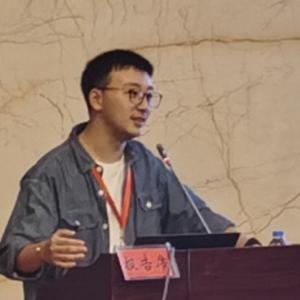
.jpg)
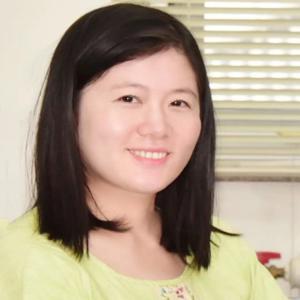
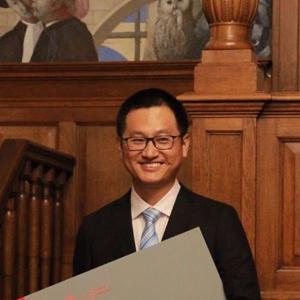
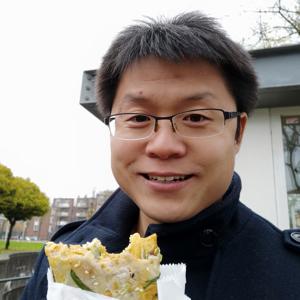
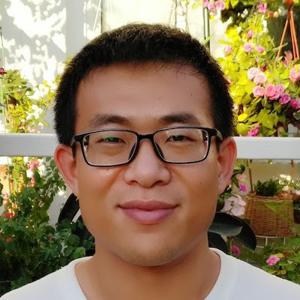
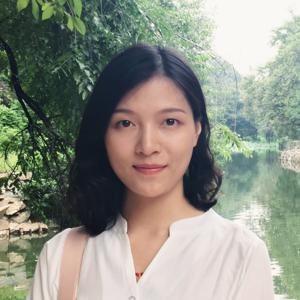
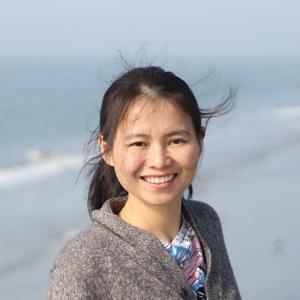

.jpg)



